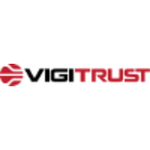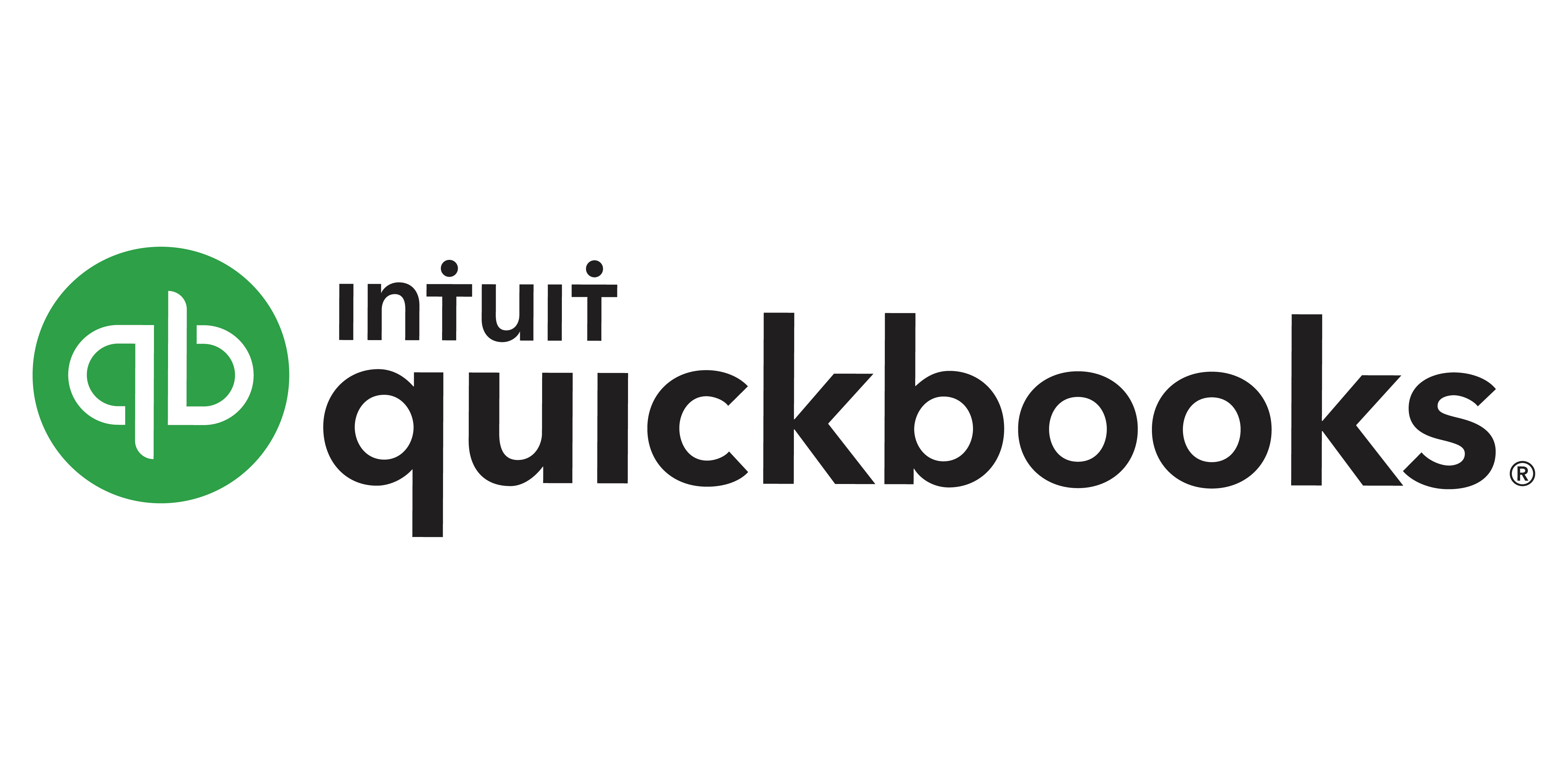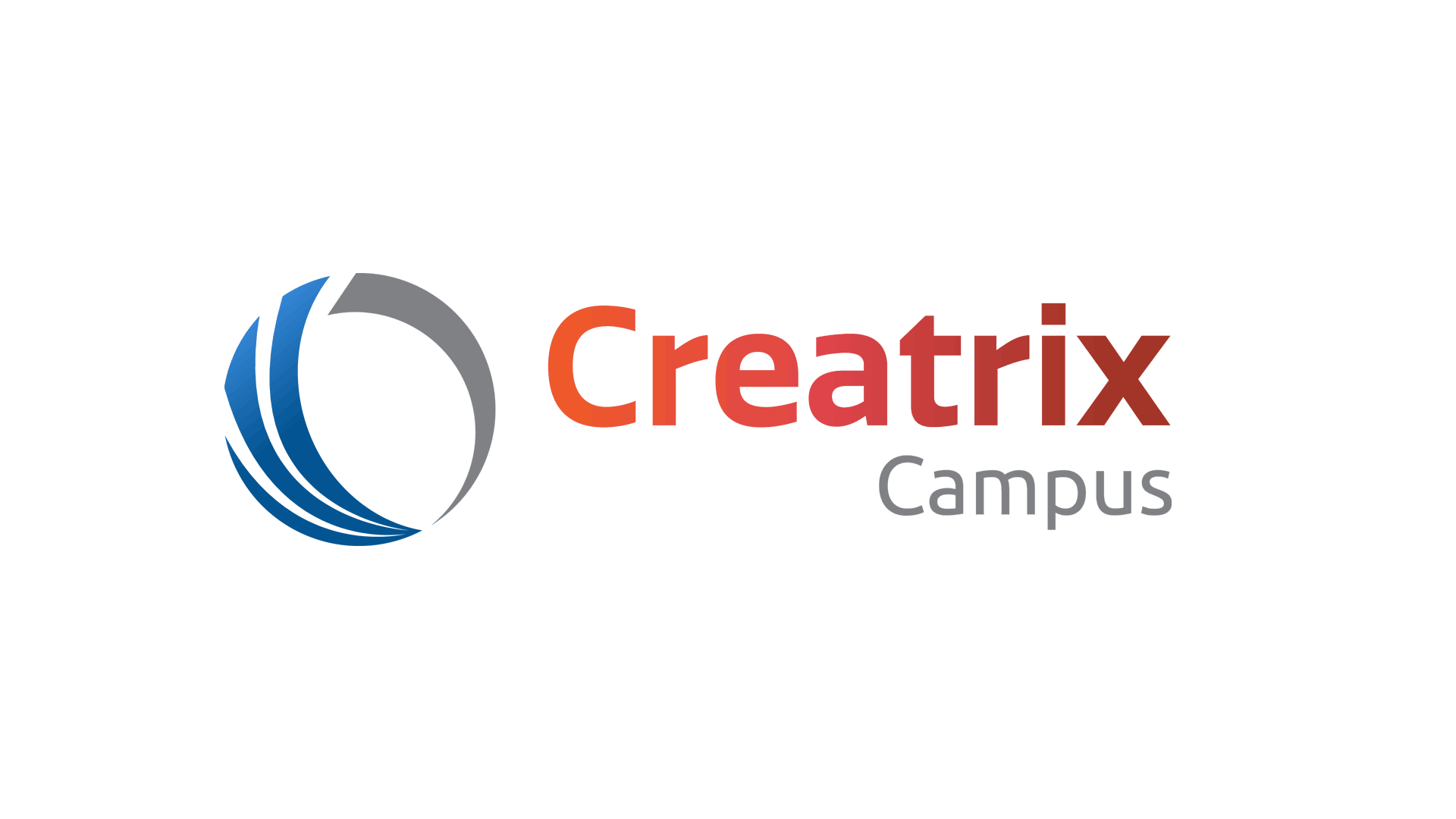What Is Accreditation Management Software?
A comprehensive solution that automates and expedites the accrediting process for institutions and businesses is Accrediting Management Software, or AMS. From initial applications to continuing compliance and renewal, it offers a consolidated platform for handling all facets of accreditation. A vast array of tools and features is available through AMS to streamline the difficult and drawn-out accreditation procedure.
This entails keeping track of accreditation criteria, handling paperwork, performing self-evaluations, and producing reports. Additionally, it makes it possible for stakeholders and accrediting teams to work together and communicate, which improves the process's effectiveness and transparency. The ability of AMS to guarantee adherence to certification requirements and laws is one of its main advantages.
It lowers the risk of non-compliance by assisting firms in staying abreast of regulatory changes and facilitating the timely submission of required documentation. Additionally, enterprises can more easily modify AMS to meet their unique accreditation requirements because of its customizable workflows and templates. This enables a customized and more effective accrediting procedure that might result in time, resource, and financial savings.
Additionally, AMS offers real-time surveillance and monitoring of the accreditation process, providing companies with a summary of their current position and any development opportunities. This makes it easier to find and fix any holes or problems, avoiding any last-minute surprises throughout the certification procedure. All things considered, institutions and organizations pursuing certification depend heavily on accreditation management software.
Its extensive feature set, adaptability, and guarantee of conformity make it an invaluable tool for expediting and simplifying the certification procedure. Organizations can save time, cut expenses, and improve the overall caliber of the accrediting process by investing in AMS.
What Are the Recent Trends in Accreditation Management Software?
Organizations looking for a more simplified and effective way to handle their accreditation procedures have been using accreditation management software more and more in recent years. A number of significant trends in the field of certification management software have emerged as a result of ongoing technological advancements.
1. Integration with other systems: The tendency toward integration with other systems is one of the most significant developments in accreditation management software. Accreditation management software is only one of several software programs used by businesses to handle many facets of their operations. Accreditation management software can assist companies in improving data accuracy and streamlining their operations by integrating easily with other systems, such as student information systems and learning management systems.
2. Cloud-based solutions: It should come as no surprise that a large number of accreditation management software companies now provide cloud-based solutions, given the increasing popularity of cloud computing. This eliminates the need for on-premise servers or installations and enables businesses to access the program on any device, from any place. Many firms find cloud-based solutions to be an appealing alternative since they provide enhanced security, automatic upgrades, and scalability.
3. Artificial intelligence (AI) and automation: These two technologies are completely changing how we handle accreditation management. Accreditation management software can automatically detect non-compliance problems and provide remedial measures by utilizing artificial intelligence. This enables businesses to proactively handle any possible problems in addition to saving time and lowering manual errors.
4. Customization and flexibility: Software solutions that provide customization and flexibility are in greater demand as each firm has its own distinct accreditation standards and procedures. A company can more effectively accomplish its accreditation objectives with the use of accreditation management software that can be customized to fit its unique requirements.
5. Mobile accessibility: For many companies, having mobile access to accreditation management software has become essential. An increasing number of suppliers are providing mobile-friendly versions of their software, enabling users to oversee their accreditation procedures from any location, in response to the growing popularity of remote work and mobile devices.
Benefits of Using Accreditation Management Software
For businesses of all sizes that need to monitor and uphold their accreditation status, accreditation management software is an invaluable resource. Numerous advantages are provided by this program, such as enhanced productivity, better organization, and simpler regulatory compliance. Let's examine the main advantages of utilizing accreditation management software in more detail.
1. Simplified Procedure: The expedited procedure that certification management software offers is among its most important benefits. By removing the need for numerous spreadsheets, documents, and systems, this software enables firms to handle all facets of certification in a single, central location. This saves time and lowers the possibility of errors by guaranteeing that all information is current and readily available.
2. Enhanced Productivity: Accreditation management software's automation functions greatly boost productivity. By automating processes like scheduling, document management, and accreditor communication, staff members can devote more time to other crucial duties. In the end, this saves the company time and money by creating a more efficient and effective process.
3. Better Structure: Additionally, accreditation management software enhances an organization by offering a system that can be customized to arrange and store all required records and papers. This guarantees that resources are readily available when requested and removes the possibility of losing crucial data or documents. To help the company keep on top of all necessary duties, the software may also track progress and deadlines.
4. Simpler Adherence: Maintaining compliance can be difficult given the constantly shifting rules and accreditation criteria. This procedure is made easier by accreditation management software, which gives businesses a single location to track and manage all required assignments, documentation, and due dates. This tool helps firms avoid expensive penalties for non-compliance in addition to ensuring that all criteria are met.
5. Improved Reporting: Accreditation management software facilitates and improves the accuracy of reporting, which is a crucial component of accreditation management. Organizations can create personalized reports on their accreditation status using the program, which provides them with a thorough picture of their accomplishments and areas in need of development. In addition to saving time, this offers useful information for planning and future development.
Important Factors to Consider While Purchasing Accreditation Management Software?
A number of criteria need to be carefully taken into account when choosing the best certification management software. For firms to manage compliance, monitor performance, and expedite their accreditation procedures, this software is an essential tool. to guarantee that you make a well-informed choice.
The following are crucial things to think about before investing in accreditation management software:
1. Accreditation criteria: Knowing your organization's unique criteria is the first step in selecting the best accreditation management software. It's crucial to select software that meets your unique requirements because different industries and accrediting bodies may have different standards.
2. Functionality and Features: To assist your organization's certification process, accreditation management software should have an extensive feature set. It should make it simple for you to arrange audits, monitor compliance, handle accreditation paperwork, and provide reports. Verify that the program has all the features and capabilities required to enhance your accreditation procedures.
3. Ease of operation: Staff members should find the program straightforward to understand and operate if it is intuitive and user-friendly. Delays and mistakes brought on by a complex system might lead to inefficiency and possible compliance problems. To save time and reduce mistakes, look for software with an easy-to-use interface and straightforward navigation.
4. Integration Capabilities: Take into account how well the program integrates with your current systems. Any other software you use, such as your CRM, LMS, or HRIS, should be able to easily interact with the program. This will minimize the need for manual data entry and guarantee seamless data flow.
5. Security and Data Protection: To safeguard sensitive data, the accreditation management software must adhere to the relevant security regulations. To stop unwanted access, look for software that provides safe access controls, frequent backups, and data encryption.
6. Customer service: Having dependable and effective customer service is essential when purchasing any product. To make sure your staff can utilize the program efficiently, look for a software provider that provides frequent upgrades, training materials, and prompt technical assistance.
7. Cost and Scalability: Calculate the software's total cost of ownership, taking into account any extra charges for updates, installation, or customization. Additionally, take into account the software's scalability, particularly if your company intends to grow in the future. When buying accreditation management software, you can make an informed choice that will satisfy the unique requirements of your company by taking these crucial criteria into account. Purchasing the appropriate software will guarantee compliance, enhance overall performance, and improve your accreditation procedures.
What Are the Key Features to Look for in Accreditation Management Software?
For firms that must oversee and monitor their accreditation procedures, accreditation management software is an invaluable resource. By automating and streamlining the certification process, this kind of software can increase productivity and save time. There are a number of important factors to take into account while searching for the best accreditation management software for your company.
1. Customizable certification Workflows: Seek out software that enables you to design workflows that are adaptable to the unique certification requirements of your company. Instead of needing to modify your procedures to fit a preset workflow, you will be able to customize the program to meet your specific needs.
2. Document and File Management: A lot of paperwork and files are frequently involved in accreditation procedures. Thus, selecting software with strong document and file management features is essential. This should include the capacity to swiftly and simply save, arrange, and retrieve documents.
3. Task Assigning and Monitoring: Seek out software that enables you to allocate tasks to particular individuals or groups and monitor their progress. This will help you keep the accreditation process moving forward by allowing you to keep an eye on the progress of each activity.
4. Automated Notifications and Reminders: To keep everyone informed and up to date on the certification process's status, a quality accreditation management software should also have automated notification and reminder features.
5. Compliance Management: Compliance follows accreditation. To make sure your company remains current with the most recent rules and regulations, look for software that provides compliance management capabilities like regulatory compliance checks and alert systems.
6. Reporting and Analytics: Real-time reporting and analytics capabilities must be included in a trustworthy accreditation management system. This will enable you to monitor and evaluate important indicators, pinpoint areas in need of development, and make informed choices to improve your accreditation procedures.
7. Integration with Other Systems: Examine the software's compatibility with other systems used by your company, such as document or learning management systems. This will remove the need for manual data entry and assist in streamlining procedures.
8. User-Friendly Interface: Seek out software that has an intuitive, user-friendly interface. All users will be able to learn and operate the product efficiently thanks to this.
9. Data Security: Selecting software that places a high priority on data security is essential because accreditation procedures include sensitive data. To protect your data, look for software that uses cutting-edge security features like encryption and access controls.
10. Scalability and Flexibility: Lastly, take into account the software's scalability and flexibility. You want your software to be able to adapt to your organization's growth and your changing accreditation requirements without any problems. You may select the best accreditation management software that fits the requirements of your company and aids in obtaining and preserving accreditation success by taking into account these important characteristics.
Why Do Businesses Need Accreditation Management Software?
For any company hoping to build its reputation and dependability in the marketplace, accreditation is essential. It is an external body's assessment and validation process designed to make sure a company complies with rules and guidelines. The process of becoming accredited can be drawn out and complicated, requiring a lot of paperwork, meetings, and deadlines. Accreditation Management Software (AMS) is useful in this situation. A unique tool called AMS was created to make the certification procedure for companies easier and more efficient. Everything is automated, including the creation and management of papers as well as the setting of deadlines and tasks. What makes AMS necessary for enterprises, then? For the following reasons, AMS is a vital resource for any company looking to become accredited:
1. Saves Time and Resources: The certification procedure can require a significant amount of time and resources. Businesses frequently wind up spending a lot of time and energy on paperwork and coordination when they don't have a good system in place. By automating the entire process, AMS frees up organizations to concentrate on their core competencies and does away with human labor. This makes the accrediting process more effective by saving time and lowering the demand on resources.
2. Assures Compliance: In order for firms to receive accreditation, they must adhere to stringent criteria and rules set out by accrediting authorities. AMS has features and compliance checks built right in to make sure companies are meeting all the regulations. In order to guarantee continuous compliance even after accreditation is earned, it also monitors any modifications or additions to the requirements. This aids companies in gaining certification as well as sustaining it throughout time.
3. Centralizes Information: Organizing and managing a large volume of data, papers, and communications is one of the biggest obstacles in the accreditation process. A single platform for storing and retrieving all accreditation-related data is offered by AMS. In addition to making process management simpler, this guarantees data correctness and consistency, lowering the possibility of mistakes and inconsistencies.
4. Promotes Collaboration: A variety of stakeholders, including staff members, departments, and outside organizations, are involved in the accrediting process. Because of its user-friendly design, AMS makes it simple for all of these parties to collaborate and communicate. Additionally, it offers real-time notifications and updates, which facilitate progress tracking and problem-solving.
How Much Time Is Required to Implement Accreditation Management Software?
The implementation time for Accreditation Management Software can vary depending on several factors such as the size of the organization, the complexity of accreditation requirements, and the level of customization needed. However, on average, it takes approximately 3-6 months to fully implement the software and have all systems and processes in place.
During the initial stages, the software provider will work closely with the organization to gather important information and understand their specific needs and goals. This can take anywhere from 2-4 weeks, depending on the responsiveness of the organization. Once all the necessary information is gathered, the software will be configured and customized to meet the specific requirements of the organization.
This process can take 4-8 weeks, again depending on the complexity of the accreditation requirements and the level of customization needed. After the configuration and customization are completed, the software will be tested to ensure it meets the organization's expectations and is ready to be implemented. This testing phase can take approximately 1-2 weeks.
Finally, the software will be rolled out to the organization, and training will be provided to ensure the staff is familiar with its features and functionalities. The length of the training phase can vary depending on the number of users and their familiarity with similar software. In summary, the implementation process for Accreditation Management Software can take anywhere from 3-6 months.
However, this time frame can be shortened or extended based on the unique needs and requirements of the organization. It is important for organizations to invest adequate time and resources during the implementation process to ensure a smooth and successful transition to the new software.
What Is the Level of Customization Available in Accreditation Management Software?
Depending on the user's unique requirements and preferences, accreditation management software offers different degrees of flexibility. While some suppliers might give a solution that works for everyone, others offer a more customized approach to satisfy the particular requirements of various organizations, industries, or accrediting agencies. Fundamentally, the goal of accreditation management software is to automate and simplify the certification process, increasing its effectiveness and reducing errors.
But there is more customization available than that. The program can be tailored by users to match their present business procedures and workflow, guaranteeing a smooth interaction with their current systems. Creating custom templates and forms is one way software vendors allow customisation, allowing customers to gather and record relevant data relevant to their industry or accreditation criteria.
This saves time and effort during the review and approval process by guaranteeing that all required data is documented and arranged in a uniform and standardized way. Configuring the workflow and approval procedures of the program is another facet of customization. This enables users to specify who is in charge of authorizing and reviewing certain certification process steps as well as who has access to what data.
This degree of control aids in upholding transparency and accountability, both of which are crucial to the accrediting procedure. Furthermore, customers can frequently create bespoke reports and analytics using accreditation management software. Users can follow their accreditation progress and make well-informed decisions by using this feature to extract data and insights tailored to their needs.
In order to produce a solution that precisely suits their demands, consumers can collaborate closely with the company's development team through software customization services offered by certain software suppliers. Integrating particular features or functionalities and even branding to represent the organization's identity are examples of this.
Which Industries can benefit the most from Accreditation Management Software?
Accreditation management software is a valuable tool for a wide range of industries. Its benefits extend far beyond the educational and healthcare sectors, which are commonly associated with accreditation. In fact, any industry that requires compliance with safety, quality, or regulatory standards can benefit from using an accreditation management software.
One industry that can benefit greatly from accreditation management software is the manufacturing sector. With strict regulations and standards for both products and processes, manufacturers can struggle to maintain compliance and keep up with changing requirements. Accreditation management software can help streamline the process of obtaining and maintaining certifications and permits, ensuring that the company is always in line with current regulations.
The construction industry is another sector that can reap the benefits of accreditation management software. With numerous safety regulations and certifications to adhere to, construction companies can benefit from using a centralized software solution for all their accreditation needs. This helps them efficiently manage their compliance efforts and ensure that their projects meet all necessary standards.
For laboratories and research facilities, accreditation management software is a must-have tool. These facilities must maintain strict quality control protocols and comply with various accreditations to prove the accuracy and reliability of their results. Accreditation management software can help streamline the accreditation process, making it easier for these facilities to maintain their standards and reputations.
Furthermore, the financial industry can also benefit from accreditation management software. This includes banks, credit unions, and other financial institutions that must adhere to strict regulations and standards to protect customers' assets. The software can help these institutions manage their accreditations and compliance efforts, ensuring the safety and trust of their clients.
Conclusion
To sum up, any institution or business that prioritizes quality and compliance needs accreditation management software. This program can increase overall productivity, decrease errors, and save time by automating and simplifying the certification process. Customization, adherence to industry standards, data security, and customer support are all important considerations while searching for accreditation management software.
Selecting the best software for your needs can also be aided by assessing its features, such as document management, audit trail, and reporting capabilities. Before making a choice, it is also critical to evaluate the size, budget, and particular accreditation criteria of your firm. This will guarantee that you spend your money on software that fits your particular requirements and provides good value.
To gain a better grasp of the software providers' offerings, it is also advised to study reviews and request demos from them. This will assist you in making a well-informed choice based on the particular requirements and priorities of your company. In conclusion, your company can raise compliance, productivity, and reputation by streamlining and improving the certification process with the use of reliable accreditation management software.





















